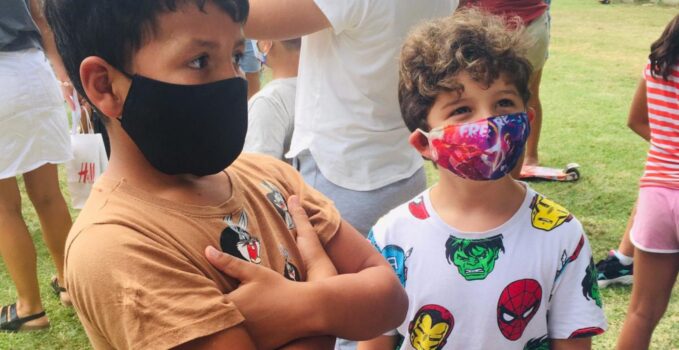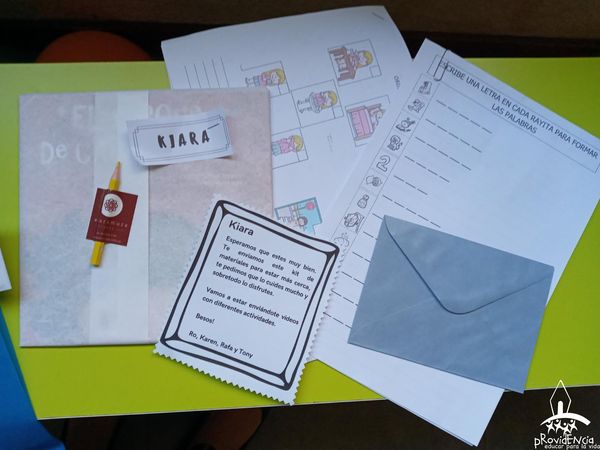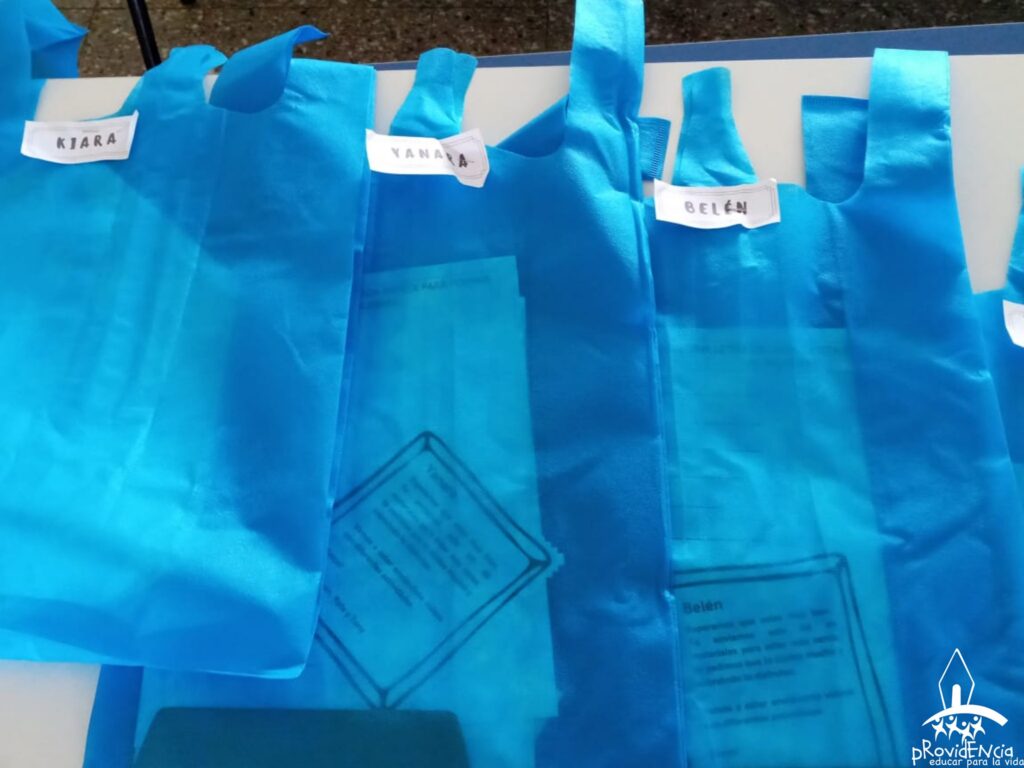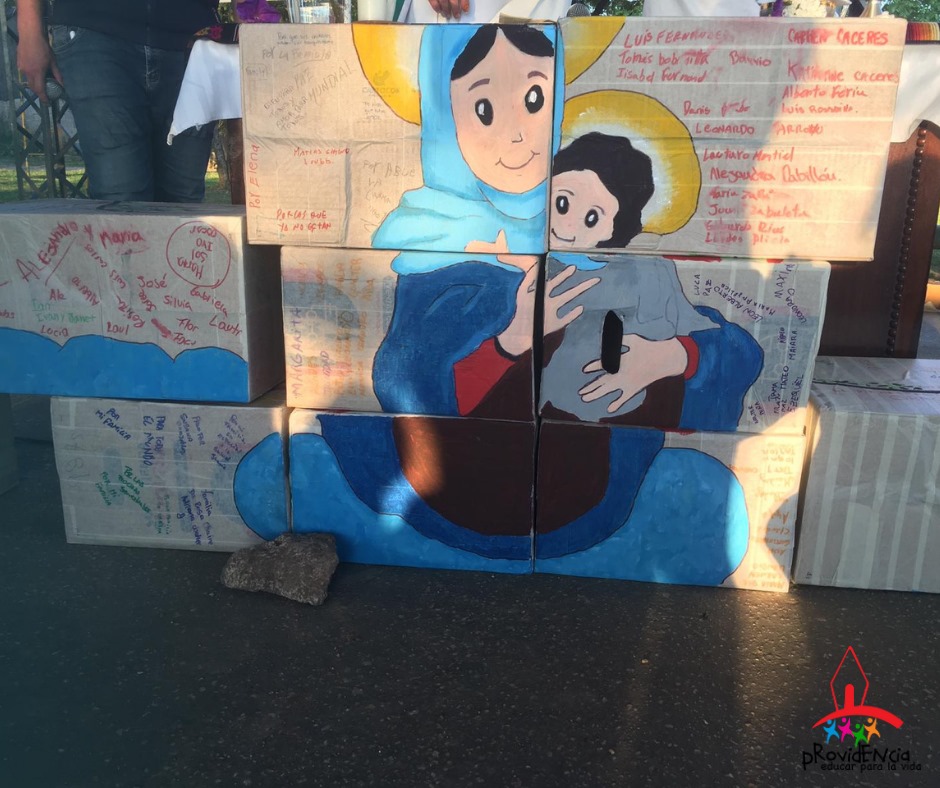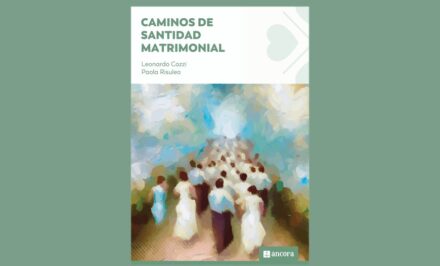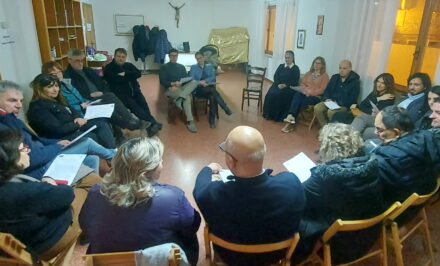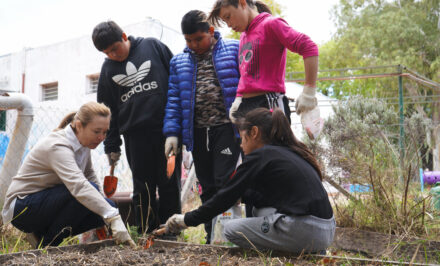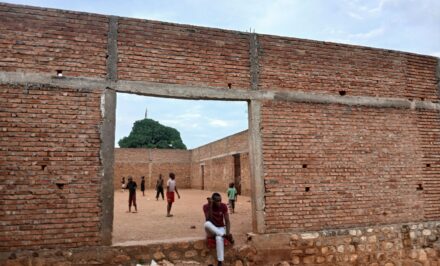URUGUAY, Providencia •
The pandemic continues to impact children and young people. In many countries, as soon as schools reopened, they had to close their doors again. Children and young people not only lose time for learning, they also miss their classmates, games… and for parents, organizing themselves between childcare, homeschooling and teleworking is very challenging. Not to mention the constant fear of catching the disease and leaving their family members at risk and unable to care for them. In addition, for many children from vulnerable sectors, school meals are important. The Providencia Educational Center in Uruguay explains how they manage the situation. —
Currently, the Providencia Educational Center keeps its doors open with an on-call system and is working virtually, facing great challenges. The educators of each program have organized themselves to plan the tasks and activities for the children, taking into account what they learned last year.
“With all our efforts focused on sustaining a quality educational proposal and working with different strategies (virtual platforms, telephone contact and visits to the most complex cases), we are still in contact with 100% of the students. At the same time, we are closely accompanying the families and working to ensure access to quality food and different connectivity situations,” said Laura Voituret, Providencia’s principal.
Today, the main objective is for the children to be able to a progress in their learning and to continue working together virtually. This scenario poses challenges in terms of connectivity. In this regard, we conducted a survey to find out how connected the families of all the educational programs are.
Connectivity
This survey allowed us to know that 34.4% of the families have limited or no Internet access and 34.1% do not have a computer or tablet to connect and perform tasks. This situation requires us to be creative in the search for solutions.
At this moment we are working with different alternatives looking at each particular case and evaluating different possibilities in the ways of approaching. Some of the tools we are using are: WhatsApp, weekly phone calls, booklets, tutorials, consultation classes, and giving the possibility to the children to use the connection of the educational center to download the CREA materials so they can then do them at home.
Feeding
On the other hand, ensuring food for the families has become a very big challenge that increases week by week. We are currently delivering food parcels and baskets to the families that need them the most and working from the different teams to be in permanent contact with the families, accompanying the different challenges that arise. “This situation of health crisis has exacerbated many situations of violation of rights in the community: unemployment or job insecurity, the complexities of living together in homes where housing conditions are really difficult, uncertainty, lack of resources to support the needs of daily life; bring great concerns and new challenges that are not easy to face. In this sense, being close and available to accompany personal and family processes, to think of solutions together, and to build bridges for articulation at the community level becomes fundamental to face this situation and seek new answers to the problems that arise”, adds Laura.
Children’s Club
In the case of the Children’s Club, the educators were divided by level. Each group is made up of the head teacher and different workshop educators who complement, support and enrich the proposal. All the children are called at least once a week and follow-up video calls are scheduled to find out how they are doing with their homework and to evaluate how they can be supported.
The 1st and 2nd graders were given an educational kit and the 3rd, 4th, 5th and 6th graders were given an activity booklet so that they can work at home.
This year we decided to focus most of the work on accompanying and supporting the schools to ensure contact with all the children and to accompany the students in completing the tasks on the CREA platform. For this, we are working both in paper and digital format and in permanent communication with the schools where the children go to articulate and think of strategies together. The objective is to reinforce their proposals and accompany the students in their work on the platform so that they can keep up to date with the school’s tasks.
On the other hand, a “playful proposal aimed at enjoyment and games” was also generated, said Leticia Dubcovsky, coordinator of the Kids’ Club.
She added, “The kids and families really appreciate the video calls. Being able to see each other, they enjoy it very much, they live it with great joy.” “We have seen great progress in the children in terms of autonomy, especially in the older classes,” she emphasized.
Providencia High School
Currently the high school is working through the CREA platform and making use of the CREA Conference tool where students have a daily space for consultations with different teachers.
“Based on the learning obtained last year, we chose this time to maintain a weekly subject calendar, which ensures that every day the students have contact with the educational proposal and can meet with at least two teachers,” said Laura. Agustina Berchesi, director of the high school added, “every day at 10 a.m., activities from two different subjects are uploaded… and that has helped a lot with the level of submission. All the activities have a one-week deadline for submission.”
In fact, “a large percentage of the kids at the high school have done 100% of their homework,” said Agustina.
The students are making progress in each subject and the teachers pay special attention to ensure that the assignments are adapted to the platform. “We think of activities that are from CREA and can be carried out in CREA,” said Carolina Quiroz, Spanish Language and Literature teacher at the high school.
The CREA Conference space has been very useful to generate exchange and clarify doubts. “It is something very good that was introduced this year and that allows them to clear up doubts or even do activities right there,” said Carolina. She added, “I think we are all more prepared, the teachers and the children.”
In addition, the students have WhatsApp groups by class with their institutional advisor and an Instagram account created specifically for them, where “challenges are generated to connect with the space, competitions and activities to connect and meet each other in a different way,” said Agustina.
Furthermore, there is constant communication with the families to find out how they are, what are the difficulties or challenges they are facing both in the educational accompaniment, as well as in the socioeconomic situations; in order to accompany and exchange to find solutions.
“They are eager to return. They miss and they themselves express it,” added Carolina regarding the comments she receives from some of the students.
In this sense, Jhonn, a 1st year high school student, told us, “I miss my classmates, having fun, the teachers when they explain things to you. I would like to begin (with face-to-face classes)”. He also told us that it is not so easy to work from home because “at home you don’t have someone to explain it to you”, but “if you read calmly and you can take your time, be calm” it is easier.
Youth Center
From the Youth Center, the educators are in contact with the high schools and families to organize and assist the students in carrying out their homework.
They are also guided to find out how they are doing in terms of coexistence and home health. And in order to maintain the close link and motivation, “more playful activities are being carried out in which we can meet through Instagram and other networks,” said Florencia Cruces, coordinator of the Youth Center.
In all educational programs, our great objective at this time is to accompany the educational processes, ensure access to the educational proposal, and be close to the students and families. This invites us to look for the most diverse strategies and to build solutions together with society as a whole.
Source: www.providencia.org.uy
Original: Spanish 2021-05-07. Translated by Maria Aragón, Monterrey, México


